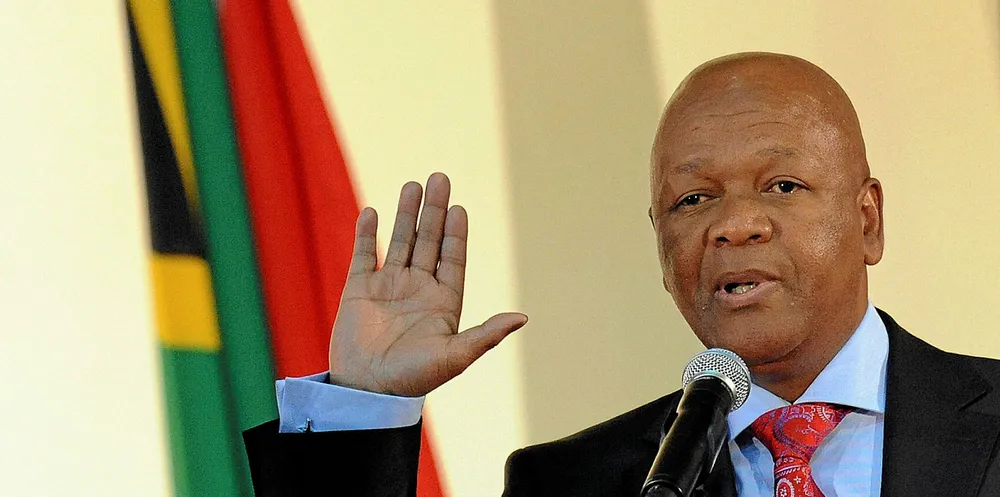'PPAs safe, blame coal for Eskom woes': South African minister
Jeff Radebe says 'no intention' to revisit early REIPPPP rounds as he says programme not to blame for utility's problems

Jeff Radebe says 'no intention' to revisit early REIPPPP rounds as he says programme not to blame for utility's problems
